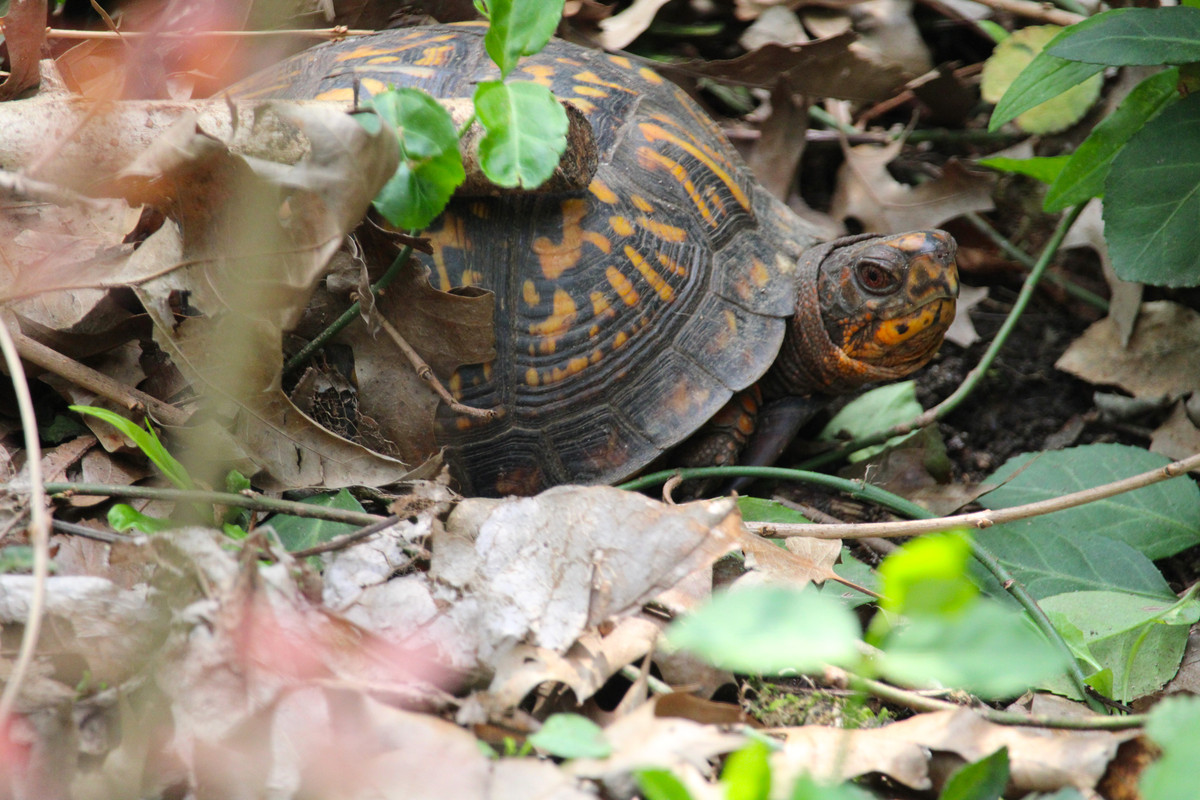gia474
New Member
Recently have been seeing and reading about some poor box turtles with overgrown beaks (and even claws) and it’s come to my attention that despite the usual basics, which don’t really seem like anything special, I’m unaware of anything else to ensure my babies don’t run into issues after some time. Are there any long term owners out there who have some advice? This isn’t common in the wild so how else do they keep them trimmed down naturally? Anyone really, just especially curious if there are any secret tips people have figured out after long-term keeping. Currently, I’m aware of what I feel are “the basics”: feeding on terracotta or slate stone, cuttlebone, tougher (crunchier?) foods like pellets perhaps? But definitely avoiding the “mush” for every meal. And as far as claws: some rough flat stone to walk on in enclosure, plenty of good digging / burrowing substrate.
Is this really it? Am I missing something obvious or perhaps a secret trick? Lol. It’s just been on my mind a lot lately and would much rather take every precaution to prevent (especially) an overgrown beak if possible.
Thanks so much for any input! 😊
Is this really it? Am I missing something obvious or perhaps a secret trick? Lol. It’s just been on my mind a lot lately and would much rather take every precaution to prevent (especially) an overgrown beak if possible.
Thanks so much for any input! 😊




